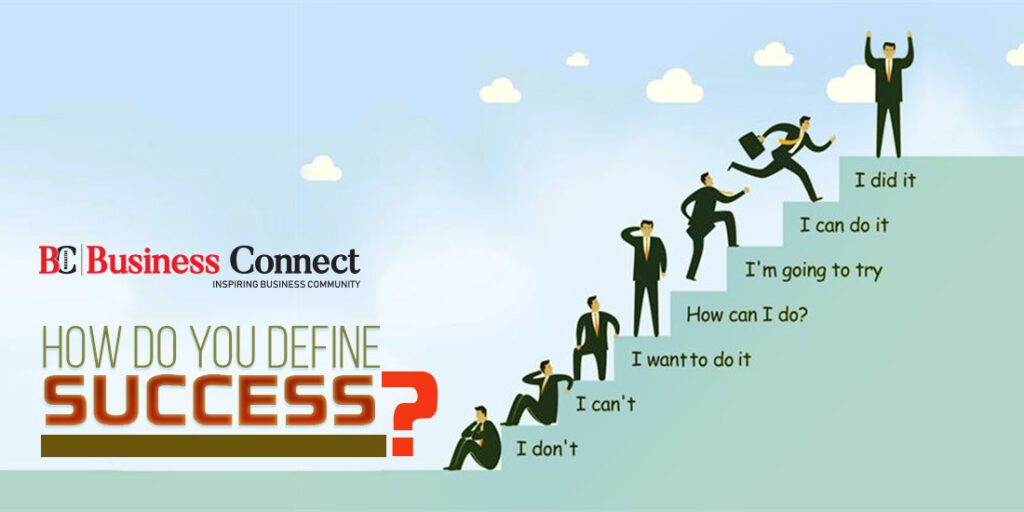How Do You Define Success?
How you characterize achievement impacts objectives and how you measure them. Since your meaning of progress is so significant, questioners are probably going to ask you how you characterize it. How you react to this inquiry can mention to the questioner what you find generally significant and what you may organize.
In this article, we examine why questioners need to know how you characterize achievement and how to respond to this inquiry.
Why businesses ask how you characterize achievement
Businesses ask how you characterize Success in light of the fact that your answer can enable them to figure out what sort of representative you will be. In one manner, this inquiry is assessing your hard-working attitude. How you characterize achievement can decide how hard you’re willing to function to meet objectives. In the event that accomplishment for you is moving yourself to be better than you were yesterday, for instance, that can tell managers that you will make a solid effort to be profitable.
Businesses additionally may pose this inquiry to figure out what you organize. Possibly you characterize accomplishment by meeting group objectives and working together successfully with colleagues, or perhaps your center estimation is expanding organization income. Your answer tells managers how you organize.
How to reply, “How would you characterize achievement?”
Getting ready to characterize Success may require some self-reflection and practice at articulating your considerations. Here are a couple of ways that you can get ready to adequately respond to this inquiry in a meeting:
- Think about your proudest accomplishments
- View accomplishment as a procedure
- Consider how the organization sees achievement
- Give explicit models
1. Think about your proudest accomplishments
Practice how you characterize accomplishment by thinking about your most prominent accomplishments. Consider at any rate five. Perhaps you are glad for the advancement you got at your last employment, or possibly you feel that following your fantasy and changing professions was probably the best achievement.
Search for topics among those achievements. Those examples can uncover how you characterize achievement. For instance, if any of your accomplishments rotate around defeating fears and difficulties to meet your objectives, that might be the way you characterize achievement.
2. View accomplishment as a procedure
Now and again your most prominent accomplishments, such as turning into an official or at long last created a significant benefit on a new company, are the least demanding to concentrate on. Be that as it may, you may likewise characterize accomplishment as momentary successes, such as arriving at every day, week by week, and month to month objectives. Review accomplishment as a procedure can assist you with concentrating on the little achievements that lead to a significant accomplishment.
3. Consider how the organization sees achievement
When directing examination before a meeting, consider how they may characterize achievement. Utilizing that exploration, incorporate your perspective on progress with the organization’s qualities, which permits you to respond to both the questioner’s inquiry and show that you comprehend and share the organization’s vision. For example, on the off chance that you are meeting with a non-benefit, their prosperity may not rotate as much around income as it does around the positive impact in the network.
4. Give explicit models
Since progress can at times be uncertain, giving questioners explicit, solid models can ground your definition and offer you one more opportunity to discuss your accomplishments. Give explicit instances of when you feel that you were fruitful, and clarify how it came to fruition.
For instance, in the event that you characterize success as driving a group to accomplish group and individual objectives, educate the questioner concerning a period you outperformed an objective and completed a task in front of its cutoff time. You would then be able to examine how you helped your group by improving cooperation, perceiving singular endeavors to improve inspiration, and setting achievements.
Examples:
Since progress is singular, how you characterize it will shift. These models can assist you in concluding how to join a meaning of progress that fits organization objectives or qualities with your special viewpoint:
Model 1: Entry-level position
I consider achievement to be where challenges encourage me to look at things from substitute perspectives and to find inventive responses for issues. Going up against those challenges urges me to advance before long while I in a perfect world make strides toward association objectives. I can return home tendency successful as long as I have increased some ground toward dealing with an issue or showing up at a goal, whether or not I have not shown up at each near the home goal continuously end.”
Model 2: Mid-level position
I accept that my supervisor has set me in a position where I am good for achieving the gathering’s and companions’ destinations, along these lines I move toward completing my individual commitments as sufficiently as could be normal in light of the current situation. I detest everything need to create inside the association, yet I intend to achieve that advancement by having a valuable result where I stand.”
Model 3: Leadership position
I acknowledge that fruitful goals convince us to move ourselves and create, and on account of meeting such destinations, we not simply help the association by meeting its objectives, yet we in like manner become progressively convincing specialists that can add to substantially more essential advancement later on. As a pioneer, I moreover need my gathering to feel fit for achieving their goals similarly as the association’s objectives, so I center around it too before long helping them with meeting individualized accomplishments.”



